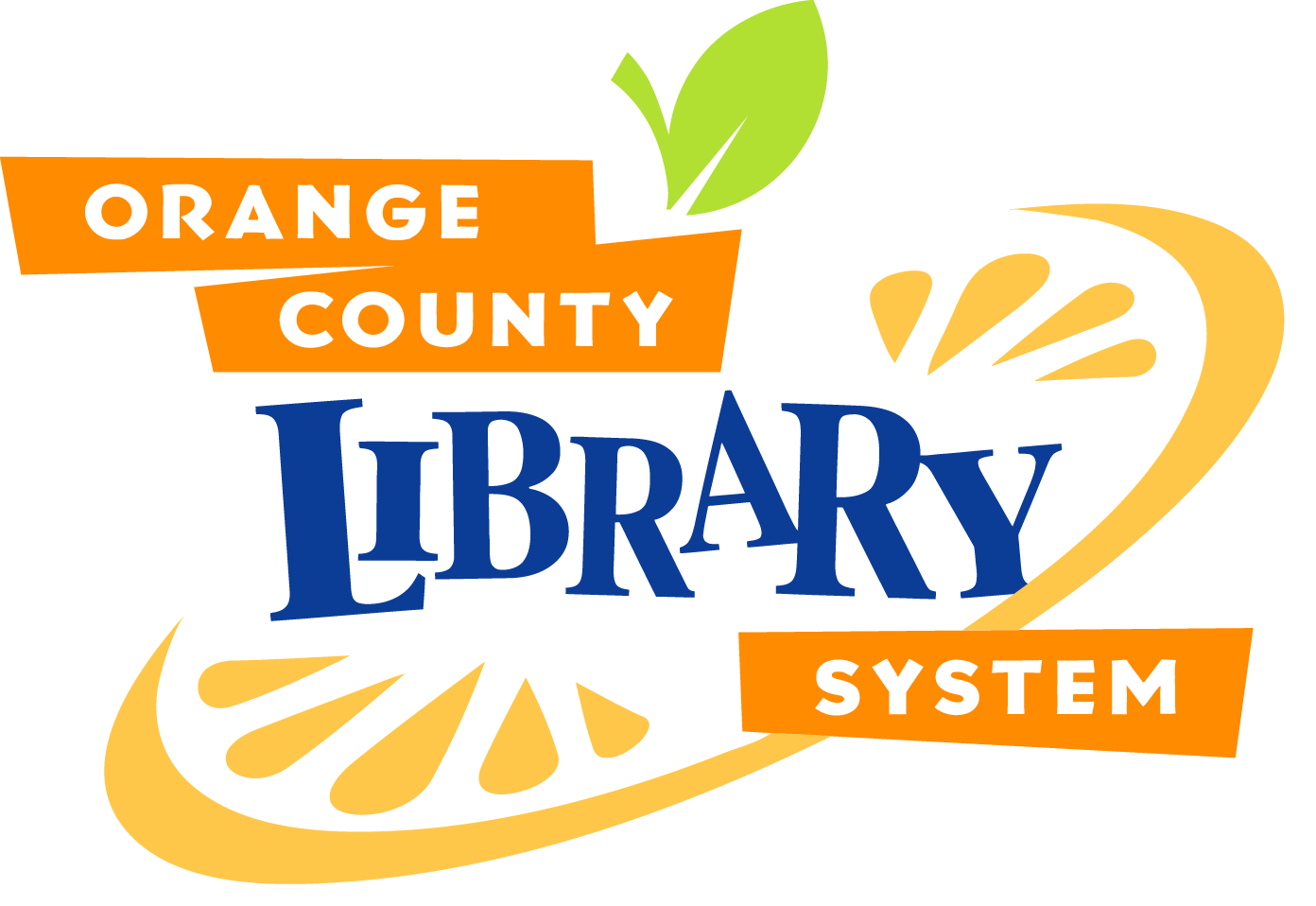| Edition |
First edition. |
| Description |
xviii, 313 pages, 16 unnumbred pages of plates : illustrations (some color) ; 24 cm |
|
text txt rdacontent |
|
unmediated n rdamedia |
|
volume nc rdacarrier |
| Bibliography |
Includes bibliographical references and index. |
| Summary |
"Far from being a lifeless ornament in the sky, the Moon holds the answers to some of science's central questions. Silent, dry, and barren, Earth's 4.34-billion-year-old companion is essential to life on earth. Its gravity stabilized the Earth's orbit, and, as it once guided evolution, its tide stirring up nutrients that fostered complex life, it now influences everything from animal migrations and reproduction to the movements of plants' leaves. More than 30,000 years before humans invented writing, they used the Moon's waxing and waning to track the passage of time, and, in a tectonic shift for human consciousness, used it to plan for the future. Unsurprisingly, the Moon was a primary feature of the first religions, written language, and philosophy. But our relationship to the Moon became more concrete when Apollo landed on it in 1969 in a moment of scientific and political triumph. And both engineering and politics promise to shape our relationship with it in the near future. Scientists advocate for a return to the moon to do research; governments and billionaires want to return to turn a profit from its mineral resources. Who gets to decide how we use a celestial body that, Boyle argues, belongs to everyone and no one? How can we learn to protect this beautiful, spectral thing that we all share?"-- Provided by publisher. |
| Subject |
Moon -- Popular works.
|
|
Moon -- History -- Popular works.
|
|
Moon -- Social aspects -- Popular works.
|
|
Moon -- Religious aspects -- Popular works.
|
|
Moon -- Philosophy -- Popular works.
|
|
SCI034000
|
|
Social & cultural anthropology
|
|
History of science
|
|
Space science
|
| ISBN |
9780593129722 (hardcover) : $28.99 |
|
0593129725 (hardcover) |
|
